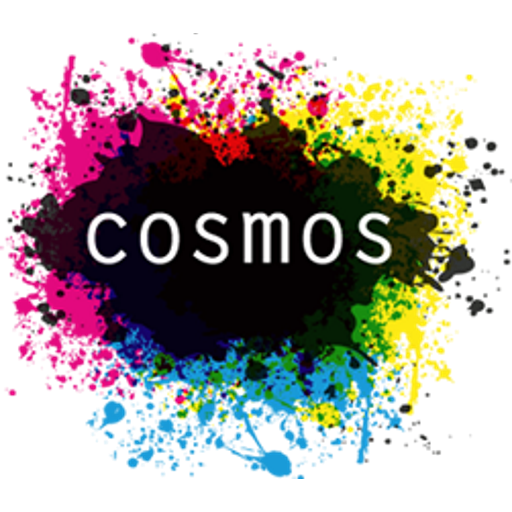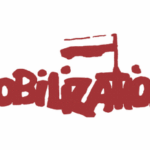How can people work together across linguistic differences in local communities and transnational networks engaged in solidarity with disempowered communities?

How can people work together across linguistic differences in local communities and transnational networks engaged in solidarity with disempowered communities? In 2016, the population of non-EU migrants in the European Union grew up to 22 million, but EU member states granted citizenship to less than 1 million persons. Given that migrants’ access to public voice and solidarity by majority citizens is limited through explicit and implicit boundaries of race/ethnicity, language, and ‘deservingness’ standards, what is the impact of self-organized practices of translation by migrants and groups supporting undocumented asylum seekers and refugees as volunteer interpreters, language justice translators or “gender justice” translators? In this talk, Nicole Doerr presents the collective practices of political translation, which helped multilingual and culturally diverse groups and transnational social movements work together more inclusively, avoiding conflict and coalition breakdown. Political translation, distinct from linguistic translation, is a set of disruptive and communicative practices developed by activists and grassroots community organizers in order to address inequities hindering democratic debate and to entreat powerful groups to work together more inclusively with disempowered groups. Based on ethnographic case studies in the US, Germany, Italy, Denmark, and the UK, Doerr portrays the potential and limitations of translation as a concept for studying social movements and progressive coalitions in different countries or segregated societies.
28/10/2025

14/10/2025

Journal Article - 2025
Journal Article - 2023
Journal Article - 2023
Journal Article - 2023
Journal Article - 2023
Monograph - 2023
Monograph - 2022
Monograph - 2022
Journal Article - 2021
Journal Article - 2021